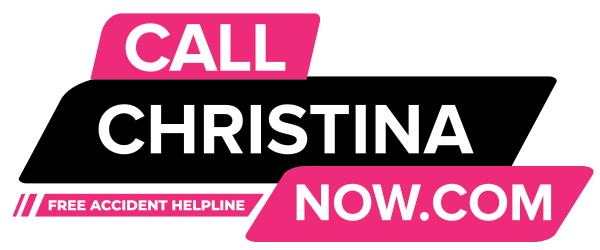Don't Call Christina Later, Call Christina Now
Follow us
What Are the Differences in Claims Between Trucking and Automobile Accidents?
Key Factors to Consider for Your Accident Claim
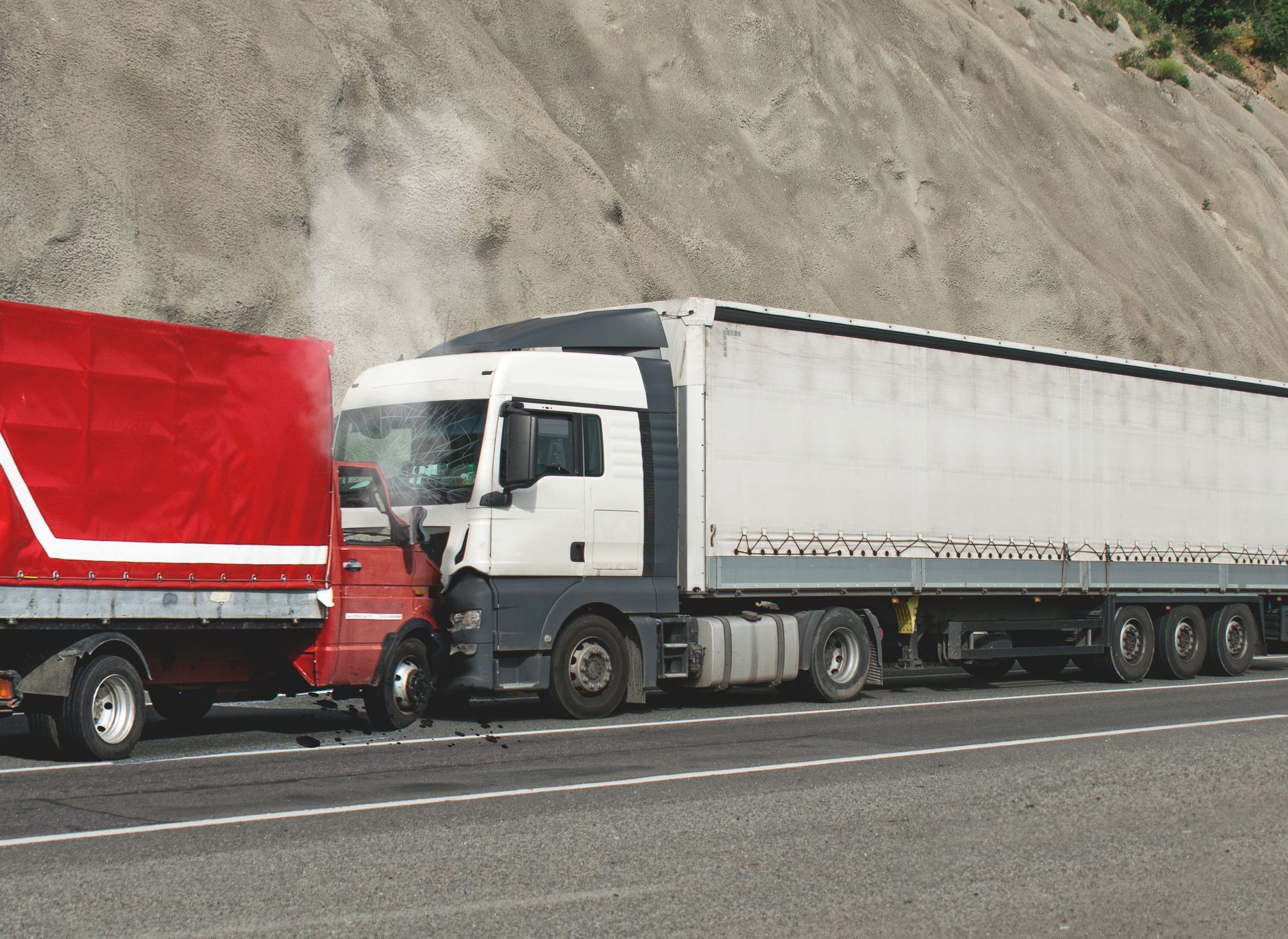
Accidents involving trucks and cars can lead to serious injuries and damage. However, the way claims are handled for trucking accidents is different from automobile accidents. Understanding these differences is important for anyone involved in an accident, as it can help you navigate the process of filing a claim and getting the compensation you deserve. In this blog, we will discuss the key differences between claims for trucking accidents and automobile accidents.
Why Knowing the Differences Matters:
According to the National Highway Traffic Safety Administration (NHTSA), truck accidents can cause more severe injuries due to the size and weight of commercial vehicles. By knowing the differences in claims, victims can better prepare for the claims process and ensure they receive fair compensation for their injuries.
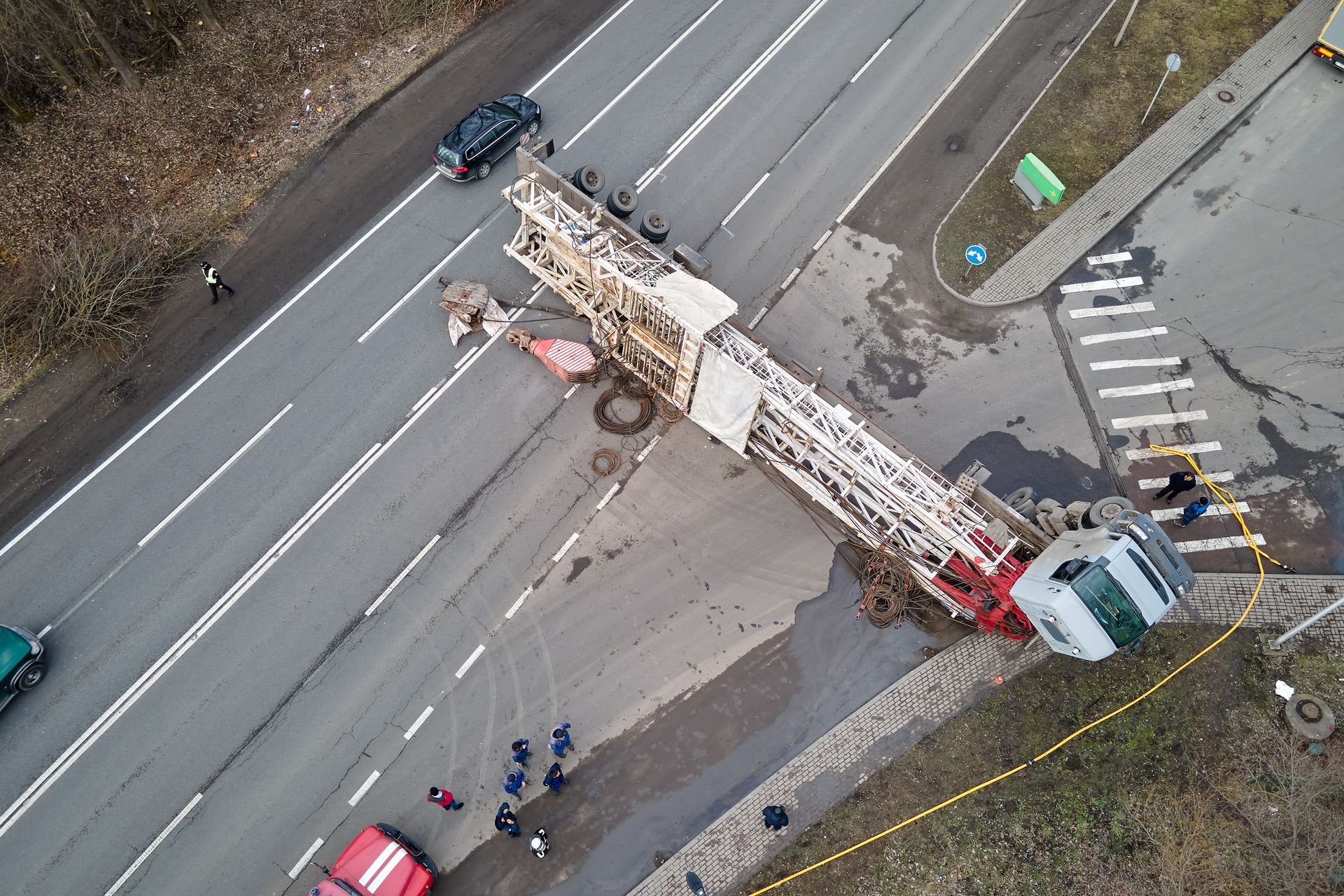
1. Parties Involved in the Claim
Who Is Responsible? In car accidents, the claim usually involves two drivers— the driver at fault and the injured party. However, in trucking accidents, the situation can be more complicated:
- Multiple Parties: Claims can involve the truck driver, the trucking company, manufacturers of the truck or its parts, and even third-party contractors.
- Vicarious Liability: Trucking companies may be responsible for the actions of their drivers, making the claims process more complex.
1. Parties Involved in the Claim
Who Is Responsible? In car accidents, the claim usually involves two drivers— the driver at fault and the injured party. However, in trucking accidents, the situation can be more complicated:
- Multiple Parties: Claims can involve the truck driver, the trucking company, manufacturers of the truck or its parts, and even third-party contractors.
- Vicarious Liability: Trucking companies may be responsible for the actions of their drivers, making the claims process more complex.


2. Regulatory Standards
Compliance with Laws: Trucking companies and their drivers must follow strict federal and state regulations. Important regulations include:
- Federal Motor Carrier Safety Administration (FMCSA) Regulations: Truck drivers must adhere to specific rules regarding driving hours, vehicle maintenance, and cargo loading.
- Background Checks: Truck drivers are required to pass background checks and maintain proper licensing.
Impact on Claims: These regulations can provide a basis for liability in a trucking accident claim. If a driver or company violates safety regulations, it can strengthen the case for the injured party.

3. Evidence and Documentation
Gathering Evidence: The evidence needed for trucking accident claims is often more extensive than for car accidents:
- Black Box Data: Trucks usually have event data recorders (black boxes) that capture important information about the vehicle’s speed, braking, and other data before the accident.
- Driver Logs: Truck drivers must keep logs of their driving hours and rest periods, which can indicate fatigue-related issues.
Importance of Documentation: Collecting this evidence is essential for establishing liability and supporting your claim, so it’s important to work with an attorney experienced in trucking accidents.
3. Evidence and Documentation
Gathering Evidence: The evidence needed for trucking accident claims is often more extensive than for car accidents:
- Black Box Data: Trucks usually have event data recorders (black boxes) that capture important information about the vehicle’s speed, braking, and other data before the accident.
- Driver Logs: Truck drivers must keep logs of their driving hours and rest periods, which can indicate fatigue-related issues.
Importance of Documentation: Collecting this evidence is essential for establishing liability and supporting your claim, so it’s important to work with an attorney experienced in trucking accidents.

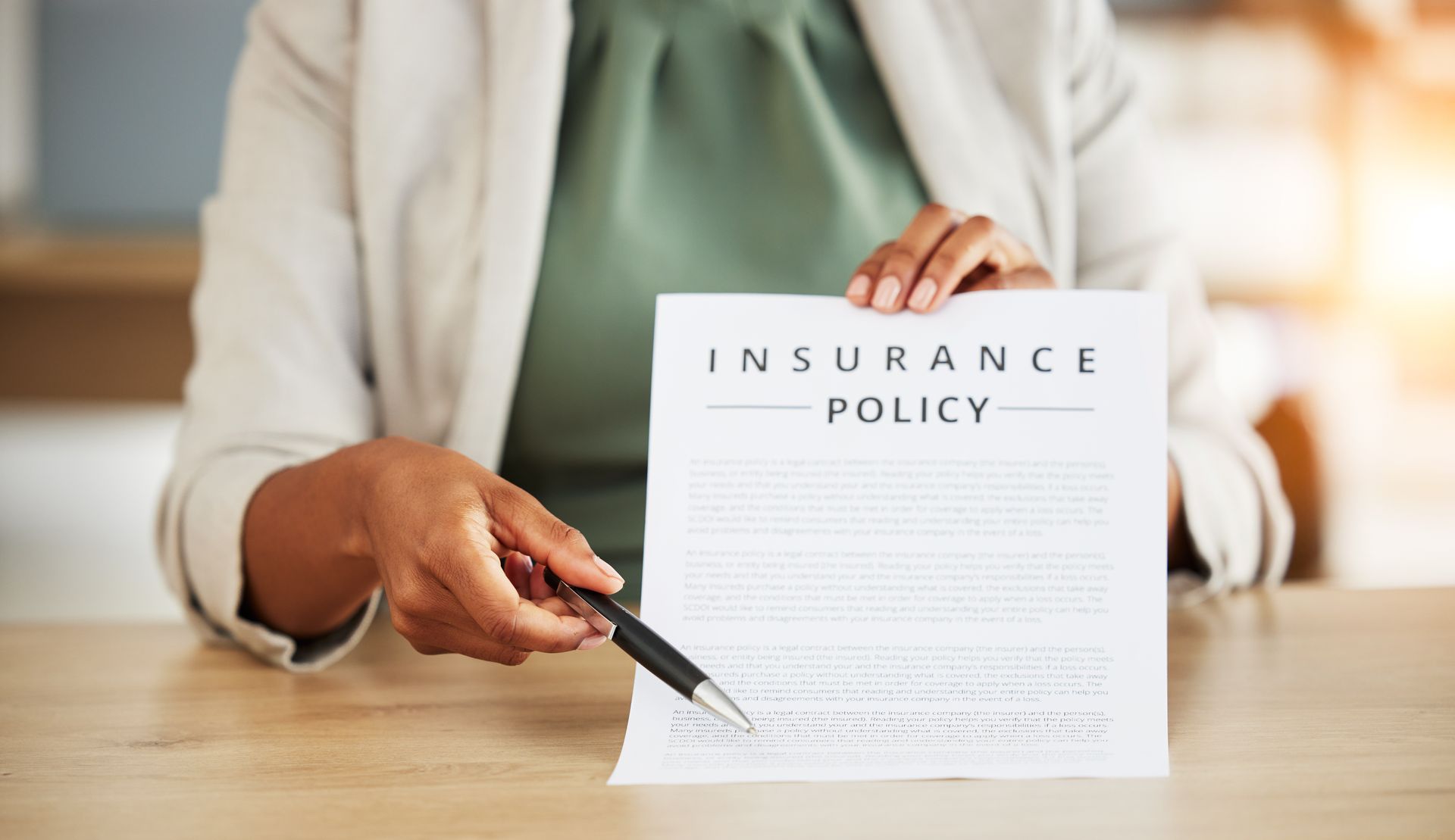
4. Insurance Policies
Understanding Coverage: Trucking companies generally have higher insurance limits due to the potential for significant damages in accidents. Key differences include:
- Higher Liability Limits: Trucking companies must have minimum liability coverage that is usually much higher than what's required for personal vehicles.
- Complex Insurance Policies: Trucking company insurance policies can be more complicated and may involve multiple insurers.
Navigating Insurance Claims: Dealing with insurance companies in trucking accidents can be more challenging because of the multiple parties involved. Understanding policy limits and coverage options is crucial.
5. Severity of Injuries
Injury Outcomes: Due to the size and weight of commercial trucks, accidents involving trucks often lead to more severe injuries than car accidents, including:
Impact on Claims: The severity of injuries can affect the compensation sought in claims. Victims may be entitled to higher medical expenses, pain and suffering, and lost wages due to longer recovery times.
6. Time Limits for Filing Claims
Statute of Limitations: The time frame for filing a claim after an accident can vary between trucking and automobile accidents:
- Trucking Accidents: Some states may have different deadlines for claims involving commercial vehicles, which can be shorter due to trucking regulations.
- Automobile Accidents: Standard time limits apply based on state laws.
Importance of Timeliness: Being aware of these time limits is essential, as missing the deadline can mean losing the right to file a claim.
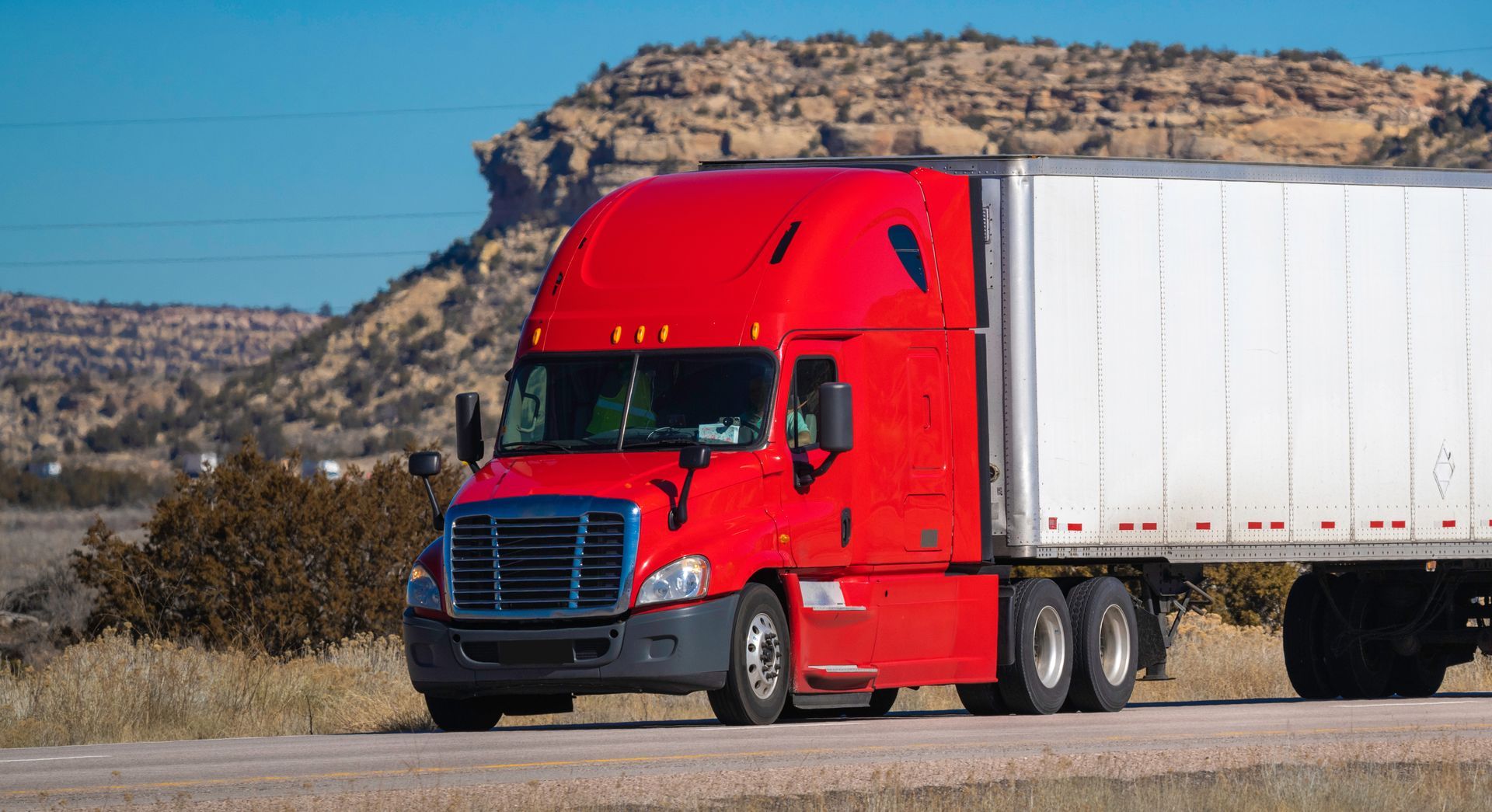
Understanding the differences in claims between trucking and automobile accidents is vital for victims seeking compensation. From the parties involved and regulatory standards to evidence collection and insurance complexities, the claims process for trucking accidents can be much more complicated.
If you’ve been involved in a trucking accident and need help with your claim, don’t hesitate to reach out for assistance.
Contact us today for a consultation to discuss your situation and explore your options.
Stay informed and empowered to protect your rights!
Safety Tip of the Month
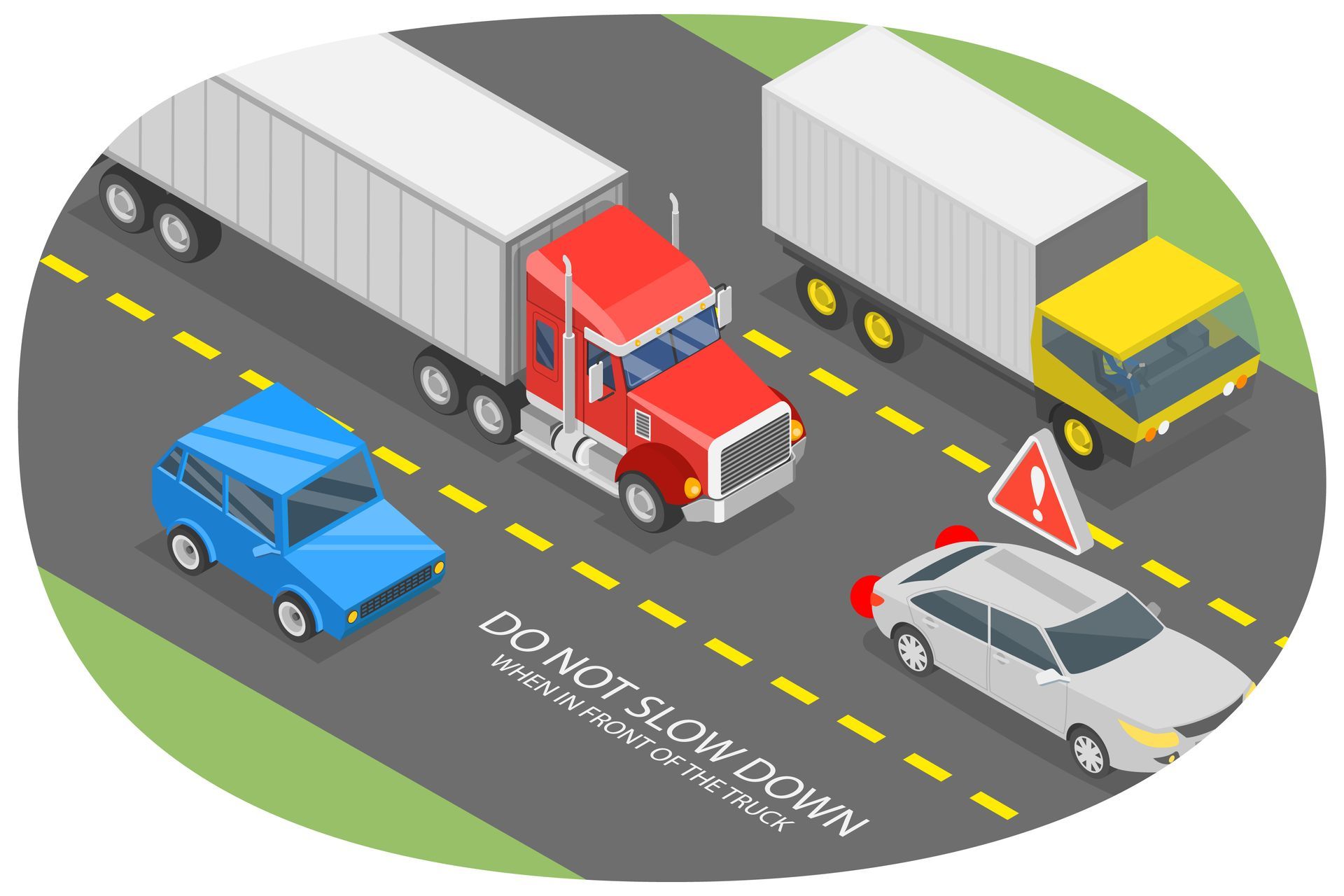
Quick & Reliable
We are available 24/7 to Guide You to Better Health.
CALL CHRISTINA NOW is here to help 24 hours a day, 7 days a week, offering free and compassionate support. When you call us, we'll listen to your concerns, understand the specifics of your accident, help you find medical care for your injuries, and connect you with a professional who can advise you on the legal aspects of your situation.
CALL CHRISTINA NOW specializes in assisting with Lawyer and Medical Accident matters. If you've been in a car, motorcycle, or truck accident—or any other kind of accident—contact us today for trustworthy support.
DISCLAIMER:
CALL CHISTINA NOW isn't a law firm and can't provide legal advice, but we can refer you to the right attorney who can.
All Rights Reserved | Call Christina Now
Copyright © Call Christina Now Offers All Rights Reserved 2025
View Our Privacy Policy | Terms & Conditions | Disclaimer
